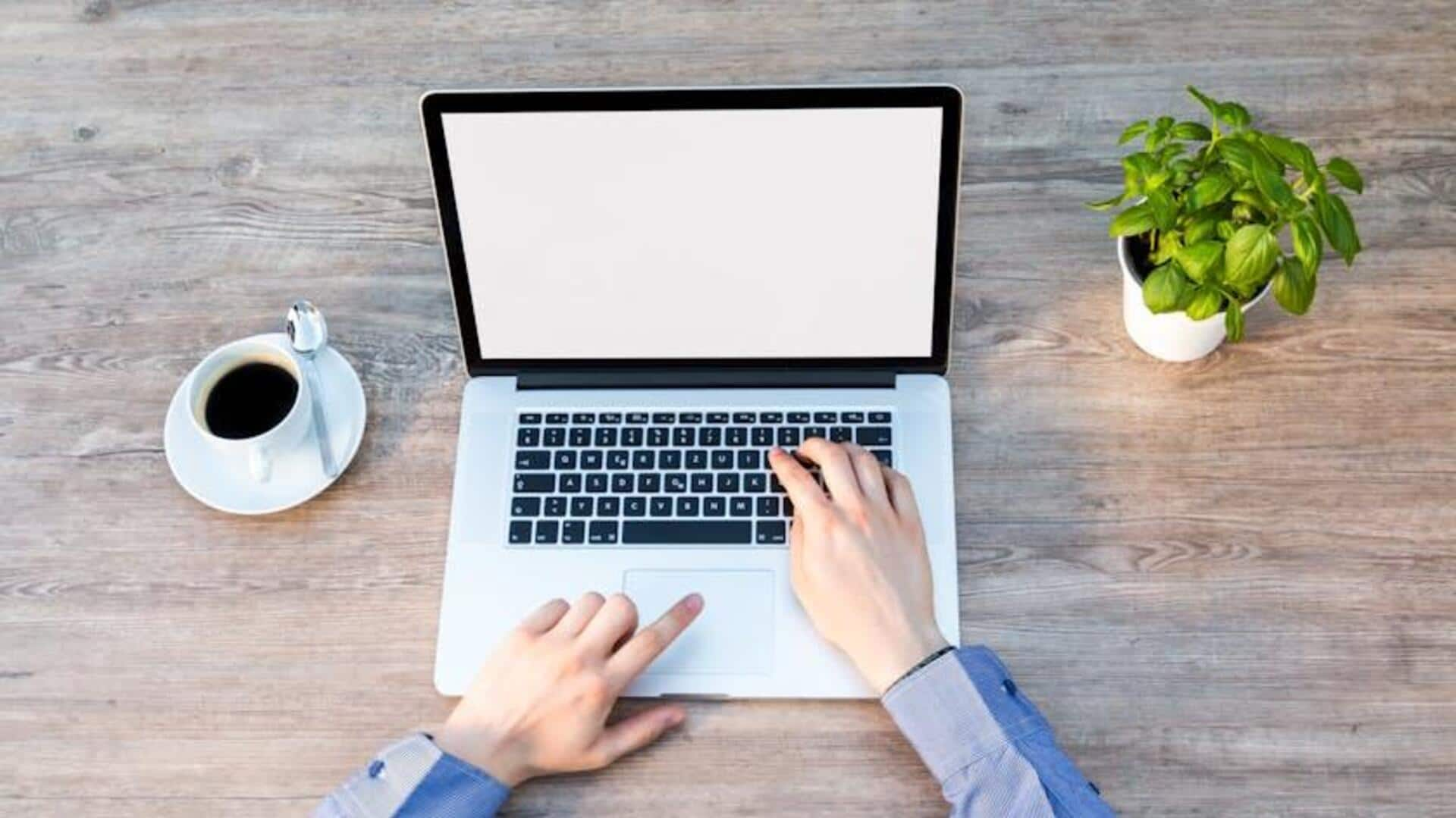
How to improve your PC's startup speed
What's the story
Optimizing your PC's startup can considerably cut down boot times, making you more productive. A slow startup can be annoying, not to mention a waste of time, but with a few tweaks, you can make it a whole lot smoother. Here are some handy tips to get faster boot times without having to be a tech genius.
Startup programs
Disable unnecessary startup programs
Many apps also start automatically with your computer, slowing down the booting process. To speed things up, disable unnecessary programs from launching at startup. You can do this by accessing the Task Manager (Ctrl + Shift + Esc) and heading over to the 'Startup' tab. Here, you can see which programs are enabled and disable those that you don't need immediately.
Updates
Update your operating system and drivers
Keeping your OS and drivers updated ensures your PC runs like a well-oiled machine. Updates often come with performance improvements and bug fixes that can give a boost to your boot times. Regularly check for updates in your system settings or control panel and make sure everything is up to date.
BIOS settings
Adjust BIOS settings for faster booting
The Basic Input/Output System (BIOS) controls a lot of things when it comes to hardware initialization at boot-up. When you access BIOS settings, you can enable features such as "Fast Boot" to minimize the time consumed during initial checks. Just enter BIOS by hitting a specific key (usually F2 or Delete) at startup and look for boot speed options.
Hard drive cleanup
Clean up your hard drive
A cluttered hard disk can bog down your computer's performance, even its startup. Use built-in tools such as Disk Cleanup on Windows or opt for third-party software to get rid of unnecessary files and free up space on your hard disk. Regular maintenance keeps your system clean and running smooth.
Hardware upgrade
Upgrade hardware components if necessary
If your PC continues to boot slow despite software optimizations, it might be time to upgrade hardware components. Adding more RAM can greatly improve multitasking capabilities, while switching to a solid-state drive (SSD) from a traditional hard disk drive (HDD) can drastically reduce boot times. These hardware upgrades work wonders in boosting overall system performance and making your computer start up much faster.